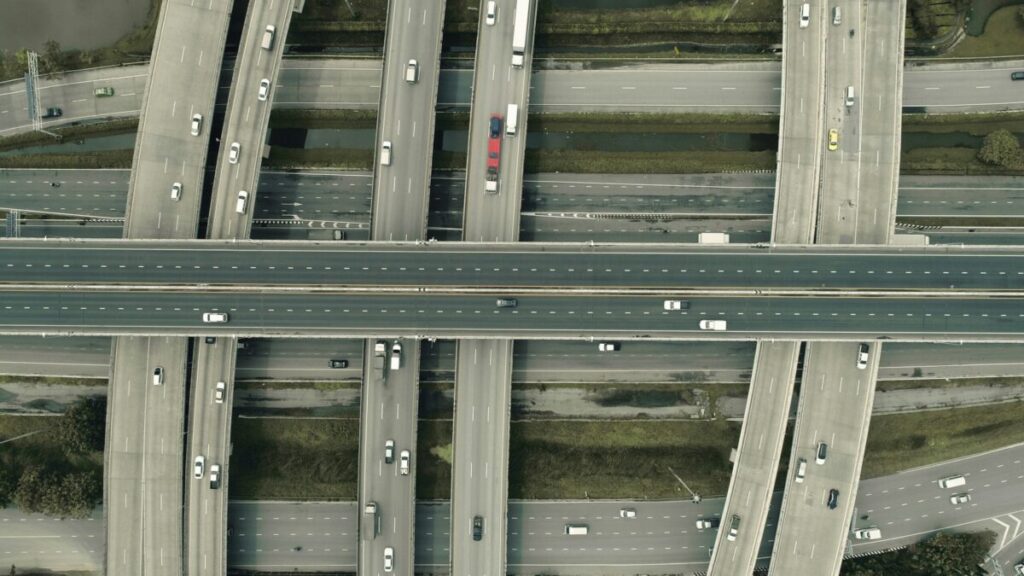TechUK’s Mobilise 2024 event in London brought together key figures from both the digital and public sectors to explore the future of transport and infrastructure. This year’s event focused on the pressing need for digital solutions to address the challenges facing the transportation sector, as well as how innovation can drive both efficiency and sustainability in the development of transportation systems.
Driving the Digital Transformation of Transport
The transportation sector is undergoing an unprecedented transformation, and digital technologies are at the forefront of this change. At Mobilise 2024, attendees discussed how technologies such as artificial intelligence (AI), big data, and automation could be harnessed to revolutionize existing transport systems. These technologies offer the potential to make transportation more efficient, adaptable, and environmentally friendly, addressing both the growing demand for smarter infrastructure and the urgent need for sustainability.
One of the main topics was the integration of smart technologies into transportation networks. As cities grow, ensuring that these networks can handle increased demand while reducing congestion and emissions has never been more critical. Digitalization plays a key role in enhancing the flow of traffic, improving public transport systems, and ensuring greener solutions. Key innovations discussed at the event included data analytics to optimize travel routes and reduce delays, ultimately making the transportation experience more efficient and eco-friendly.
Collaboration between Public and Private Sectors
The event also emphasized the importance of collaboration between the public and private sectors to drive the digital transformation of transportation. Speakers stressed that the public sector’s role is crucial in creating a regulatory framework that supports the adoption of new technologies. Meanwhile, the private sector can contribute by bringing in the expertise and innovation required to develop and implement these solutions effectively. By working together, both sectors can accelerate the development of smarter, more sustainable infrastructure.
Making Transport Accessible and Inclusive
Another vital theme discussed at Mobilise 2024 was the inclusivity of transportation systems. The event highlighted the need for transportation solutions that are accessible to all, including communities in rural and underserved areas. Digital tools are seen as an essential means of bridging these gaps, ensuring that all citizens have equal access to modern transportation. The future of transport needs to be one that is equitable, and inclusive technologies can help make this vision a reality.
A Vision for a Smarter, Greener Future
As urbanization continues to rise and the demand for efficient transport solutions grows, the discussions at Mobilise 2024 reinforced the idea that digital transformation is essential for building the transportation networks of the future. The integration of AI, data analytics, and automation into infrastructure projects will help cities become smarter, greener, and more efficient. The potential for sustainability in transport is vast, and the event served as a powerful reminder that innovative digital solutions are the key to creating a sustainable future.
Mobilise 2024 underscored that the future of transportation lies not only in the ability to adapt to new technologies but also in embracing sustainability and ensuring collaboration across sectors. As the world continues to evolve, the transportation sector must innovate, improve, and ensure accessibility for all, ultimately creating smarter and more sustainable cities.
Conclusion: The Future of Mobility
Looking ahead, it’s clear that the digital transformation of infrastructure will be a key driver in creating a more efficient, sustainable, and inclusive transportation system. By embracing collaboration and innovation, the future of transportation is bound to be smarter, greener, and more efficient—benefiting both businesses and citizens alike. Mobilise 2024 served as an important step in highlighting the potential for digital technologies to shape a better world of mobility, one that meets the needs of today while preparing for the challenges of tomorrow.


